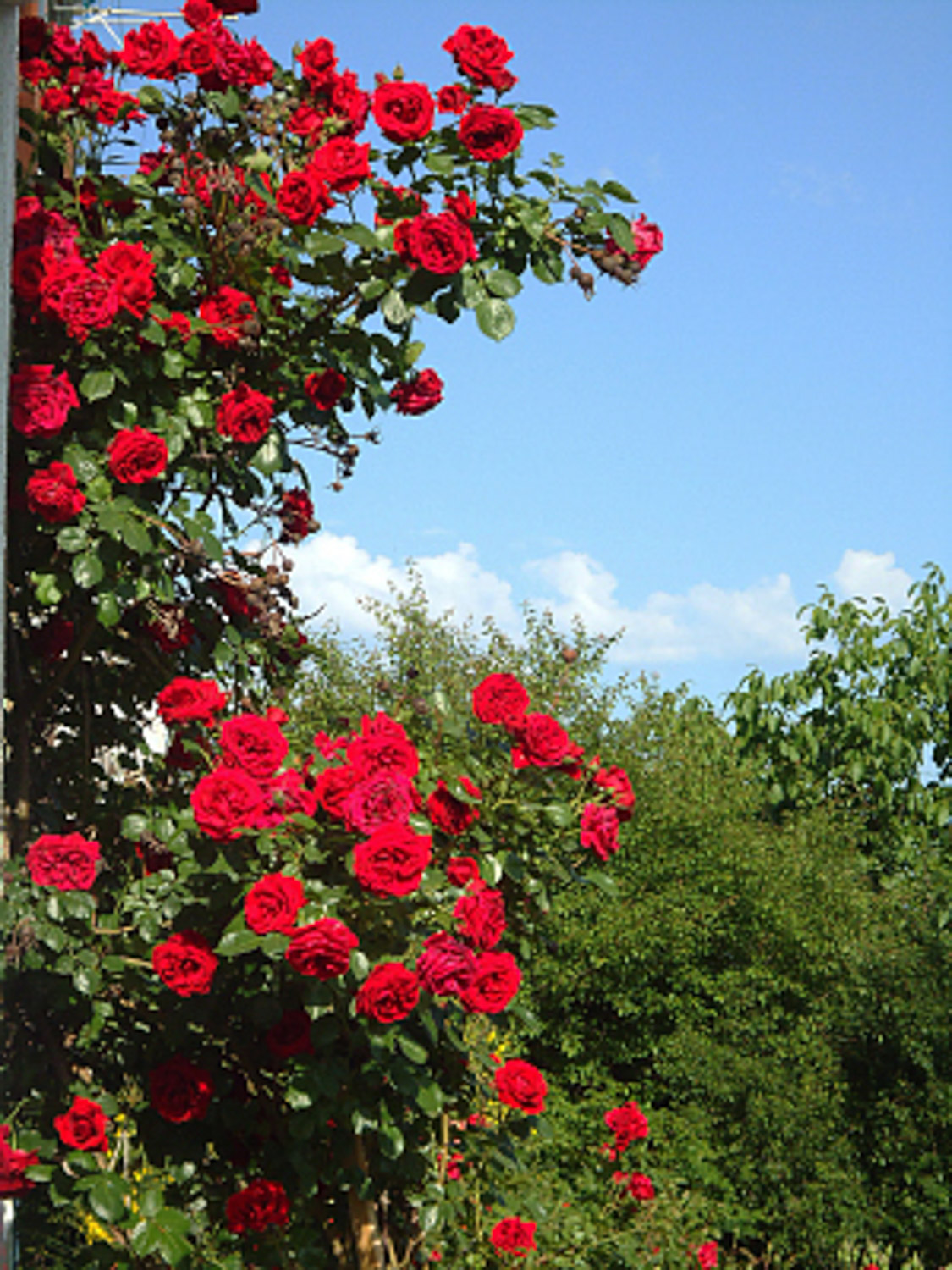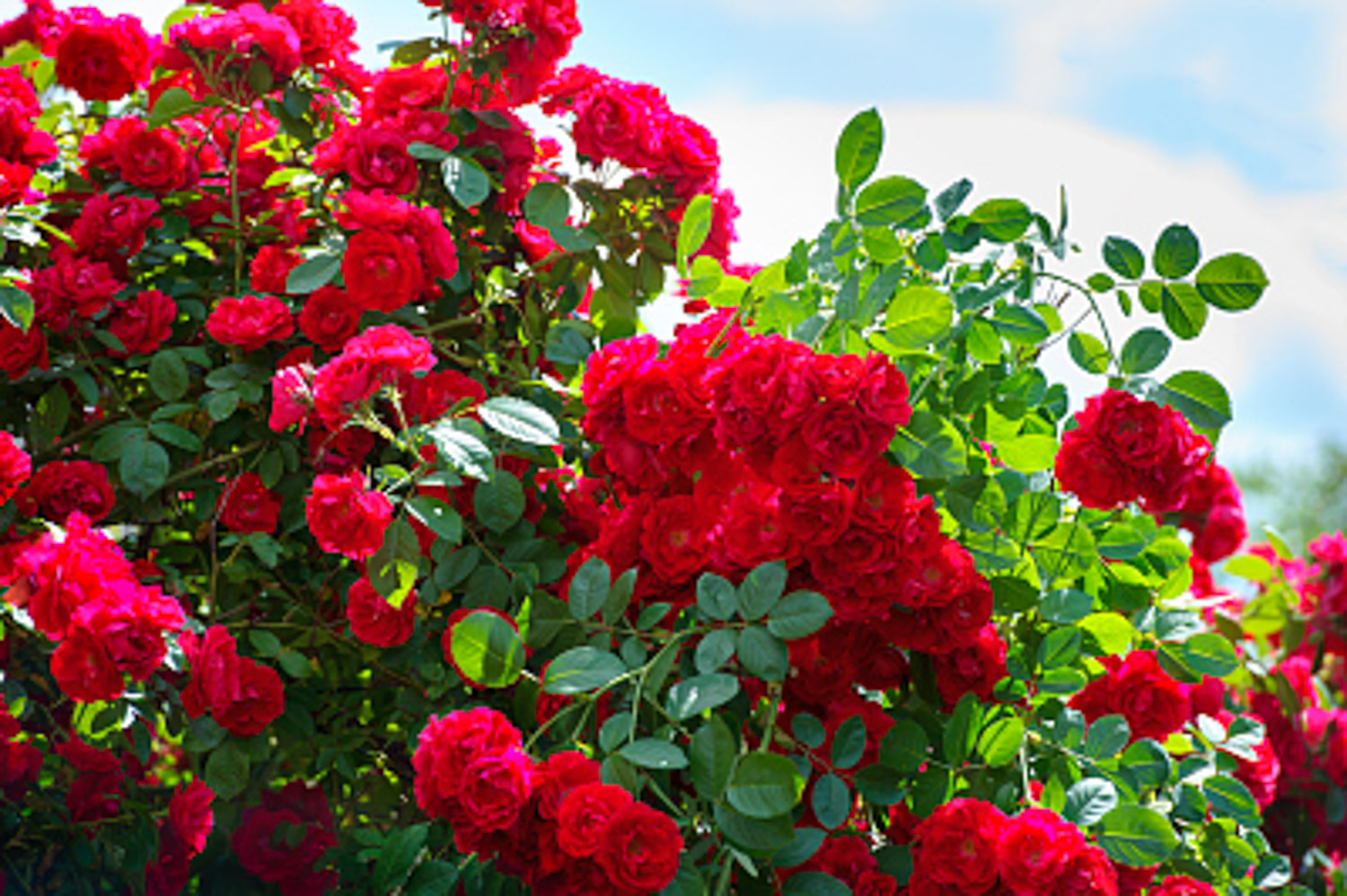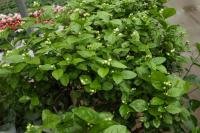1、 Breeding method
soil
Fujimoto rose likes fertile soil and requires moist soil. Generally, when choosing soil, she will choose peat soil, plus a little rotten leaf soil and perlite, which can improve the air permeability of the soil. If you are a novice breeding vine rose, it is best not to add base fertilizer first. If you want to add slow-release fertilizer, it is better. After putting the base fertilizer, put a layer of soil on the fertilizer. Don't let the root come into direct contact with the fertilizer.
watering
It likes a humid environment. It can be slightly dry, but there should be no ponding. When watering, it's best to water according to the dry and wet condition of the basin soil. You can insert chopsticks into the soil to see if the soil is completely dry, and then water it. When watering, you should water it thoroughly, but be careful not to wash it.
apply fertilizer
Fertilization should be appropriate. In the local growth season of liana rose, fertilization can be done together when watering. Whether fertilization is compound fertilizer or organic fertilizer depends on the needs of the plant.
Note that in spring, summer and autumn, liquid fertilizer should be applied once after pruning. After dormancy in winter, the root can be hollowed out and rotten organic fertilizer can be applied once.

Breeding precautions
trim
Because of its growth speed and the need of viewing, it is actually pruned most of the time. Pruning is of great significance to the control of plant type and flowering. After flowering in spring, it needs to be pruned. At the end of summer and early autumn, it also needs to be pruned once. These are mainly pruning after flowering, so as to better blossom in the next season.
The pruning in winter is mainly light pruning, and the new buds on the plant can be cut off.
Slow seedling
Slow seedling is a very important point in breeding vines and roses. It is OK to slow seedling in a cool astigmatism place.


 jackfruit
jackfruit snake plant
snake plant hibiscus
hibiscus hydrangea
hydrangea lavender
lavender Green roses climb al...
Green roses climb al... If you don't pay att...
If you don't pay att... Management of four g...
Management of four g...

































